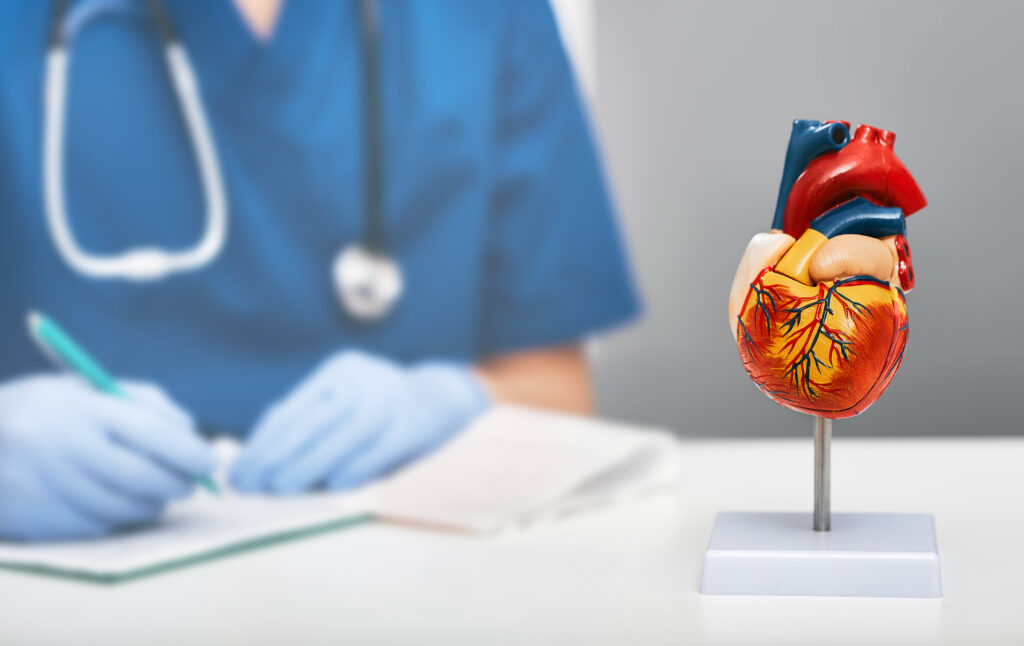Heart and Circulation
How does the heart and circulation system work?
The human heart is a muscle the size of a fist. It beats around 100,000 times a day and pumps about 5 litres of blood around the body to keep you alive. The heart, along with a network of blood vessels that runs around the entire body, comprise the cardiovascular system (or heart and circulatory system). The heart is linked to the rest of the circulatory system via blood vessels called arteries and veins.
Why do we need it?
The network delivers blood containing oxygen, nutrients, and other essential substances to all the organs and tissues in the body. This helps us to create the energy we need to survive. The system removes waste products, regulates our body temperature and carries immune cells to where they are needed plays a crucial role in the immune system.
What types of blood circulatory systems are there?
Blood carried through our systemic circulation provides organs, tissues and cells with oxygen and other vital substances. Our pulmonary circulation takes blood to the lungs so that the fresh oxygen we breathe in enters the blood, and carbon dioxide is released.
Why is research into the heart and circulation important?
Research can improve how we prevent, treat, and manage heart and circulation conditions such as cardiovascular disease (sometimes called heart disease, or circulatory disease). In addition, it can help people with heart diseases to live longer and have a better quality of life.
You can learn more about some NIHR-funded research below.





